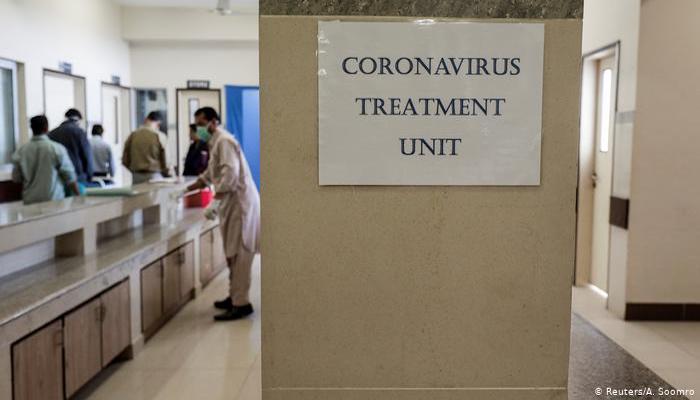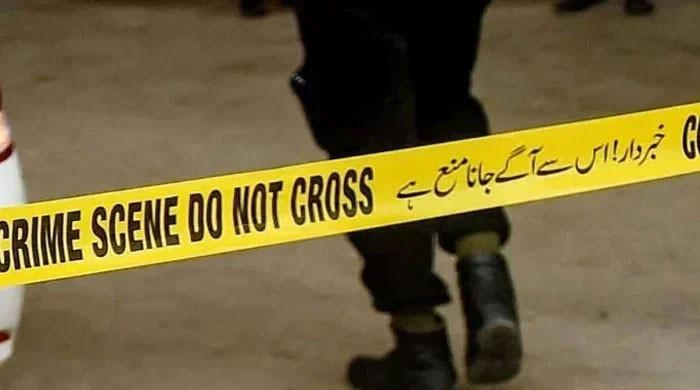Coronavirus: Pakistan records highest single-day death toll in 5 months
COVID-19 claimed 89 lives across Pakistan; Sindh and Punjab recorded 41 deaths each
December 08, 2020

ISLAMABAD: Pakistan's coronavirus death toll rose by 89 in 24 hours for the first time in five months as the country struggles to contain the second wave of COVID-19 infections, data issued by the National Command and Operations Centre showed on Tuesday.
Both Sindh and Punjab recorded 41 new deaths while six died of coronavirus in Khyber Pakhtunkhwa and one in Azad Jammu and Kashmir. Balochistan and Gilgit Baltistan reported no deaths in the past 24 hours.
With 2,885 new infections, the number of coronavirus cases reported across the country reached 423,179 - out of which 44,218 cases are active. At least 2,486 patients are under critical care with 336 on ventilators.
The case positivity rate has shot up to 8.58% with the highest COVID-19 prevalence observed in Karachi as 21.80% of the PCR tests conducted in the past 24 hours detected SARS-CoV-2, followed by 18.31% in Mirpur and 16% in Muzaffarabad. Hyderabad's positivity rate has fallen to 9.15% and Lahore's to 5.98% while Rawalpindi recorded 8.51% and 14.91%.
Overall, Sindh has the highest case positivity rate of 13.87%, AJK is second at 9.77%, closely followed by KP at 9.67% while Balochistan reported 8.68%, Islamabad 4.88%, Punjab 4%, and GB 2.78%.
The country reported 13,932 new recoveries in the past 24 hours - 12,214 of which were reported in Punjab - raising the total recoveries to 370,474.
Read more: Mutations, marriages or mausam — What's driving up coronavirus cases in Pakistan?
Restrictions
With the COVID-19 pandemic progressively getting worse in Pakistan, the government has placed fresh restrictions across the country to prevent the spread of the virus during its second wave.
Following recommendations by the NCOC, the federal government has made face masks mandatory in public spaces, limited large public gatherings to 300, banned indoor weddings, closed shrines, cinemas, and theatres, and instructed public and private offices to adopt work-from-home policy and 50% occupancy.
The federal government also announced that educational institutes will remain closed from November 26 to January 10. The students will study at home or get weekly homework till December 24 and winter vacations will start December 25. The schools will reopen on January 11 - which is subject to coronavirus situation then. All examinations have been postponed except admission and recruitment tests.
Furthermore, all provinces have banned indoor dining and limited timings for markets, shops, and shopping malls. Many areas in the country have been placed under smart lockdowns.











